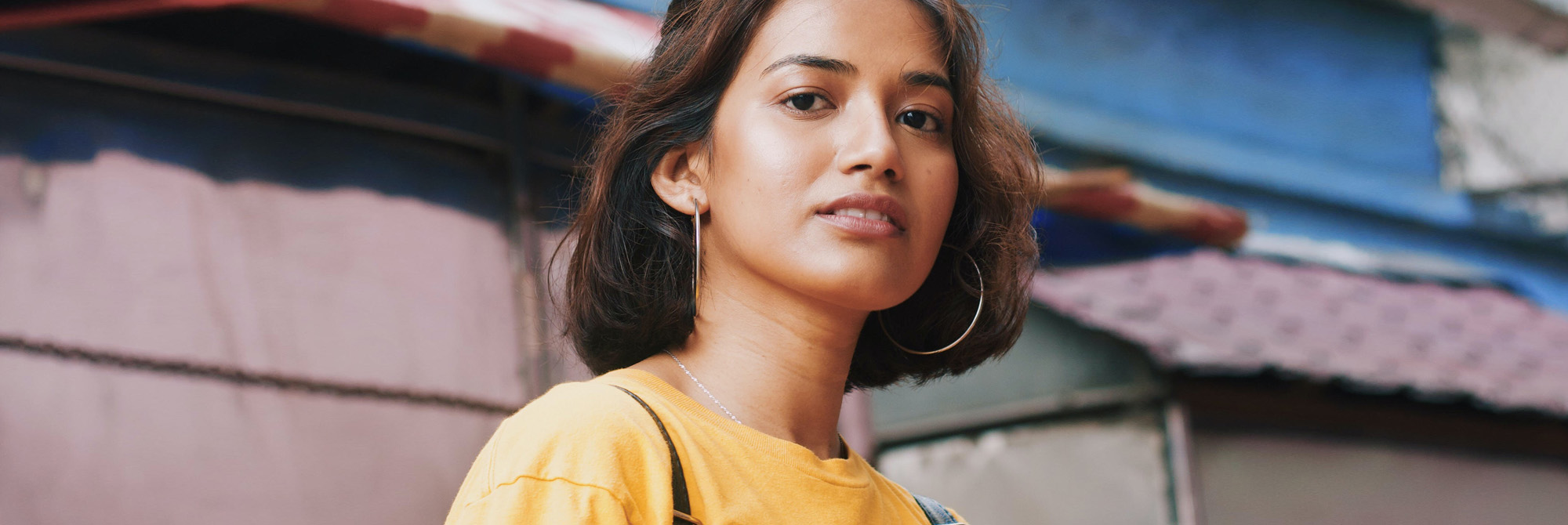Words of wisdom from a lifelong IB student
Being an IB student may be both challenging and rewarding. The abilities you learn in the IB can be transferred to university and life because they apply to all fields of study and work.
Furthermore, understanding how to approach the two difficult years of IB will help you get the most bangs for your buck and make the course more efficient to learn.
As a former IB student, I've compiled a list of a few IB program suggestions to help you achieve your IB objectives.
Treat CAS as a learning opportunity:
Because I have to complete this work, study for this quiz, and so on, I have lost out on a lot of CAS (creativity, action, and service) experiences. While I agree that an IB student's life should not center solely on CAS, it is a once-in-a-lifetime opportunity that you will never have another chance to make up for if you miss it. That is until you take the initiative to create those possibilities in the future. Even if you have a comparable experience in the future, the link you will have with your classmates—relieving laughter, true teamwork, and modest victories—cannot be replaced. As an IB student and now as an IB alumnus, this is one of my saddest regrets.
Procrastination and Time Management
The majority of IB students struggle with time management. Procrastination and cutting corners will not help you get the most out of your IB experience.
Keeping a record of all the assignments you're expected to do, as well as their due dates, will help you stay organized and avoid procrastinating. This will assist you in meeting your deadlines, which are one of the most crucial aspects of IB. You'll need to plan ahead of time and prioritize your tasks correctly.
IAs, Tok, and Extended Essay:
Begin talking about the issues you wish to write about as early as the end of your first year, start working on your long essay, Tok essay, and IAs. Your teachers should have confirmed themes before the end of 11th grade.
This will remove any last-minute confusion because you will have the entire summer to conduct primary and secondary research on the themes you have picked, or even change your mind.
Work collaboratively:
When it comes to efficiently learning difficult things, working with other peers is your greatest option. Learning with your friends is not only enjoyable, but it also results in more points being brought to the table.
Always feel free to enlist the assistance of your peers in your job.


